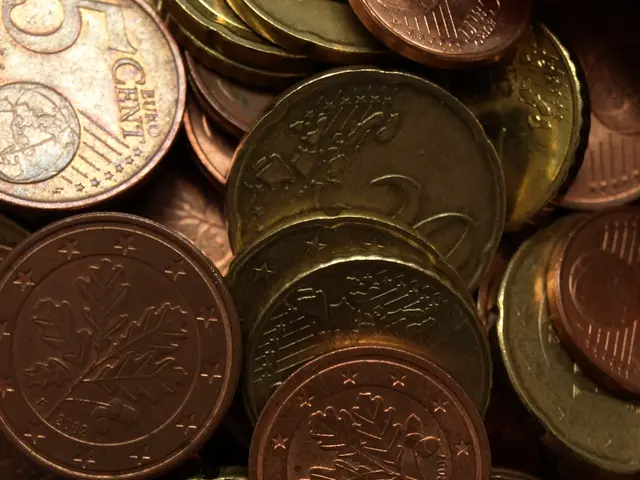Groundbreaking Technology Combats Food Waste Crisis
Food management apps and smart appliances are revolutionizing the way we approach food waste and sustainability. These innovative solutions offer a multitude of ways to combat food waste and promote a greener future.
Food Management Apps
These digital tools are making a significant impact in our daily lives by offering features such as inventory tracking and alerts, smart recipe generation, and collaborative management.
Inventory Tracking and Alerts
Apps like NoWaste and FoodWise allow users to create digital inventories of their food supplies. By setting reminders for expiration dates, these apps help prevent food from going to waste [1][3]. FoodWise, for instance, uses AI-powered scanning and barcode entry, making it easy to track groceries and receive timely alerts for expiring items [3][5].
Smart Recipe Generation
Many apps suggest recipes based on the ingredients users already have. This feature helps reduce waste by encouraging the use of available ingredients before they expire [3][5].
Collaborative Management
Apps like NoWaste allow multiple users to share inventory data, making it easier for households to manage food collectively and reduce waste [1].
Smart Appliances
Smart appliances, such as smart refrigerators, are also making a difference. These appliances use internal cameras to track inventory and expiration dates, providing users with alerts on their smartphones to prevent them from buying duplicate items while shopping [2][4].
Automated Food Preservation
Devices like vacuum sealers help extend the shelf life of fresh produce and leftovers, preserving their quality and nutritional value [4].
Composting and Food Redistribution
Smart composting devices convert food scraps into nutrient-rich soil, reducing waste while fostering sustainable gardening [4]. Digital platforms connect individuals with surplus food to those in need, reducing waste and addressing food insecurity [4].
Promoting Sustainability
By minimizing overbuying, encouraging planned meals, and providing educational feedback, these technologies support sustainable eating habits. They help users avoid buying duplicate items, plan meals more efficiently, and make more environmentally conscious choices [1][4].
As we integrate these technologies into our daily lives, households can significantly reduce food waste, promote sustainable practices, and contribute to a more environmentally friendly food system.
Further exploration can be found in the area of juice flash pasteurization and the benefits it brings to food waste reduction and sustainability. Growing one's own herbs can also deliver a unique flavor and freshness not found in store-bought options.
Community events like food drives and public workshops can spark passion and forge lasting bonds among participants. It's important to remember that one-third of the food produced worldwide is wasted while millions struggle with hunger [6]. Let's continue to innovate and collaborate to make a difference in the fight against food waste.
Read also:
- Innovative Garments and Accessories Producing Energy: Exploring Unconventional Sources for Renewable Power
- Latest Automotive Update, August 13: Introducing Ola Electric's latest scooters, MG Windsor EV sales hitting new highs, Mahindra BE 6 teaser unveiled, and more...
- Reimagined Ford Model T as a Tesla Electric Minitruck: A Vehicle Tesla Ought to Have Produced
- Compact Electric Vehicle Assessment: Decent Benefits Hidden in Mini Hyundai Electric Package








